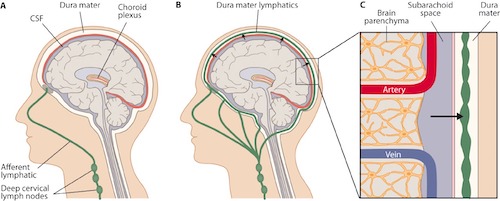June 2022 Newsletter
CLICK to read full articles, scroll down-> for previews

ARTICLES on BRAIN health, SLEEP Cycles, NAPS
1.What happens to your brain when you’re asleep?
2.ABOUT SLEEP: from medical journal entry…
3.The benefits of naps are relative to their duration
4.Brainwaves in sleep stages
———
1. What happens to your brain when you’re asleep? – by Dr Karan Raj
“During the day your brain is shedding itself, releasing all sorts of toxic metabolites and proteins. Some of these proteins, like beta amyloid protein, if not cleared effectively, can accumulate over time and increase the risk of things like dementia.”… read more
———
2. ABOUT SLEEP: from medical journal entry
“Almost 1/3 time of the human life span passes in sleep. Not just some sleep is important in our lives, but 6–8 hours of sleep is necessary for adults and 10–12 hours of sleep is necessary for children. With this much constant sleep, a nap is required during the daytime for better learning & performance. Some of the known functions which sleep can improve; cognitive development, short & long-term memory, mental health, flexible thinking, verbal fluency, a boost in confidence, etc.”… read more
——–
3. The benefits of naps are relative to their duration – by James Hewitt
“10-minute naps can result in immediate improvements in cognitive performance and reduced sensations of fatigue, with the benefits lasting for over two hours.
20-minute naps can improve physical endurance by increasing time to exhaustion and reducing perceived exertion (but only if you slept less than seven hours the night before).
26-minute naps may improve task performance by 34% and alertness by 50%, for several hours after the nap”….read more
——–
4. Brainwaves in sleep stages – by Dr. Jade Wu, PhD, DBSM
“Stage 1 sleep is the lightest stage of sleep that occurs as an individual is falling asleep. There is a slow movement of the eyes and reduced activity of the voluntary muscles in the body. The brainwaves in stage 1 sleep are smaller and more uniform than in the awake state, which is referred to as alpha and theta waves. In stage 2 sleep, the movement of the eyes ceases and the brainwaves become slower than in stage 1.”… read more
Marci Javril’s YOGAofTOUCH